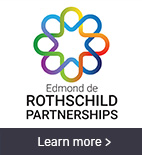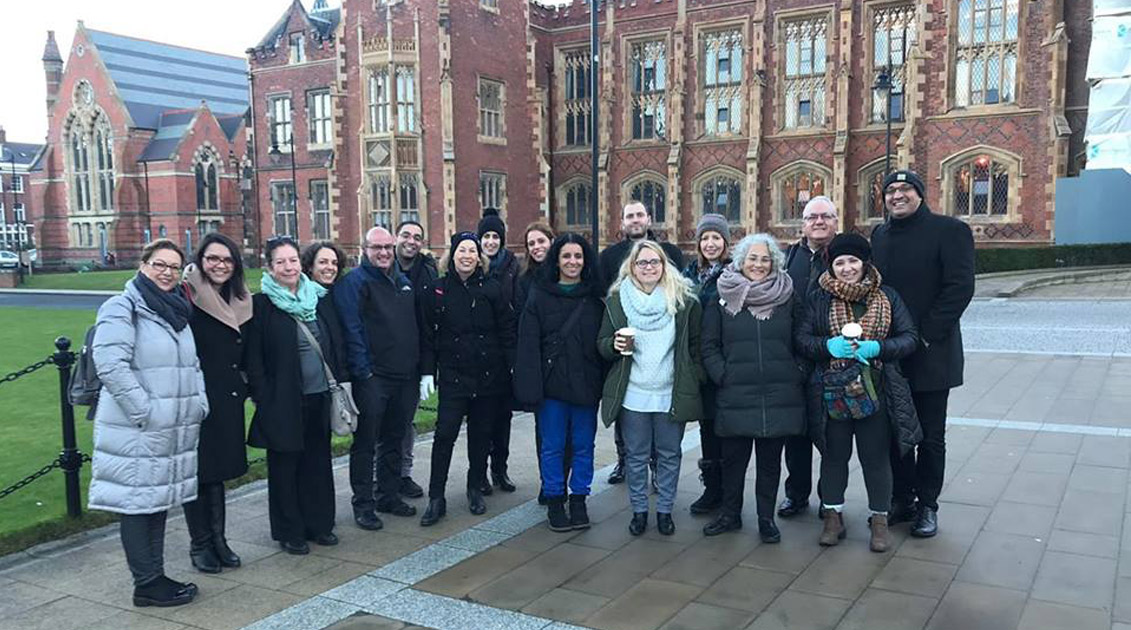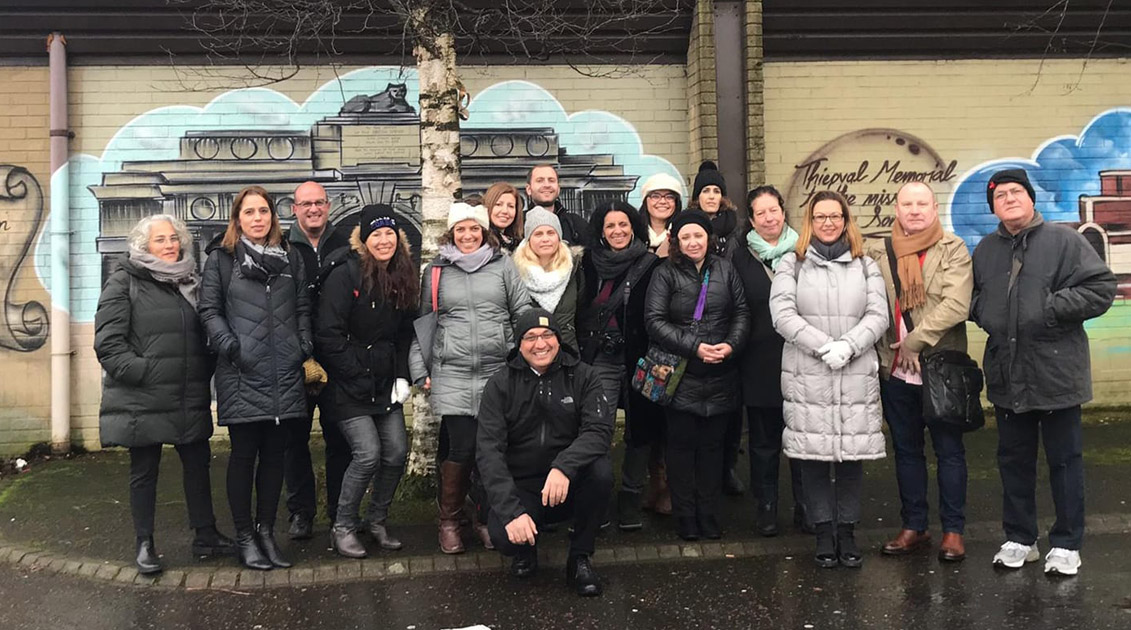We believe that every one of us has the right to learn, fulfill our potential, and make an impact
About the program

Israeli Hope in the Academia was launched in 2016 by the President of Israel, Reuven Rivlin, in line with his vision for unity in Israeli society. The program fosters and expands a partnership between the different parts of Israeli society, focusing on education, academia, employment, and sports.
Academia expresses, perhaps more than any other public space, the “new Israeli order,” in which those once considered minorities have now taken on a significant role in society. It is a primary driving force for developing Israel’s human capital, and in many cases, is the first opportunity for young adults from throughout society’s various population groups to come together under one roof… Thus, higher education has a central role in shaping the future of Israeli society, leadership, and economy.
Goals
- To fully realize the talent and excellence in all parts of Israeli society.
- To establish the academic campus as a space for creating a shared Israeli identity – which also preserves the unique identity of each community.
- To promote a vision of diversity and partnership.
- To develop a social and intellectual Israeli leadership that is diverse, attentive, and aware.
- To impart a core of shared knowledge that is essential to the new Israeli order.
Mode of operation
Israeli Hope in Academia operates in 40 academic institutions. The program works to instill a sense of partnership as a policy and an infrastructure.
Activity is led by an institutional steering committee headed by an academic chairperson and a representative of Israeli Hope in Academia, who are accompanied in developing and implementing the institutional work programs in light of the program’s four strategic goals: Diversity and representation, cultural competence, the academic graduate, and the academy-employment continuum.
Work plans contain the broad components which are offered, respectively, to the various institutions:
- In the area of diversity and representation, actions are being taken to promote transparency in the composition of employees. At the same time, the program accompanies the selected institutions and assists them in setting diversification goals and promoting an in-depth work plan to increase diversity.
- In the area of cultural competence, the Council for Higher Education allocated a budget to all publicly funded institutions for cultural competence faculty training. Implementation started in approximately 28 institutions. These training meetings are supported by the Planning and Budgeting Committee of the Council for Higher Education, and address with the characteristics of the various populations in Israeli society and the institution, teaching in a diverse classroom, dealing with racism, and ensuring a safe and secure environment. In addition, in cooperation with Gvanim, we are now operating ten “Gvanim in Academia” groups, for the development of diverse institutional leadership.
- In the area of the academic graduate, the program aims to encourage development and assimilation of clusters of “Israeli Hope in Academia” courses in academic institutions. The program also offers training for teachers to familiarize themselves with Israeli society.
- In the academic-employment continuum, a strategic process is conducted to examine the field while focusing on the Haredi and Arab populations.
In the numbers
are partners in the
program
by the program
Gallery


